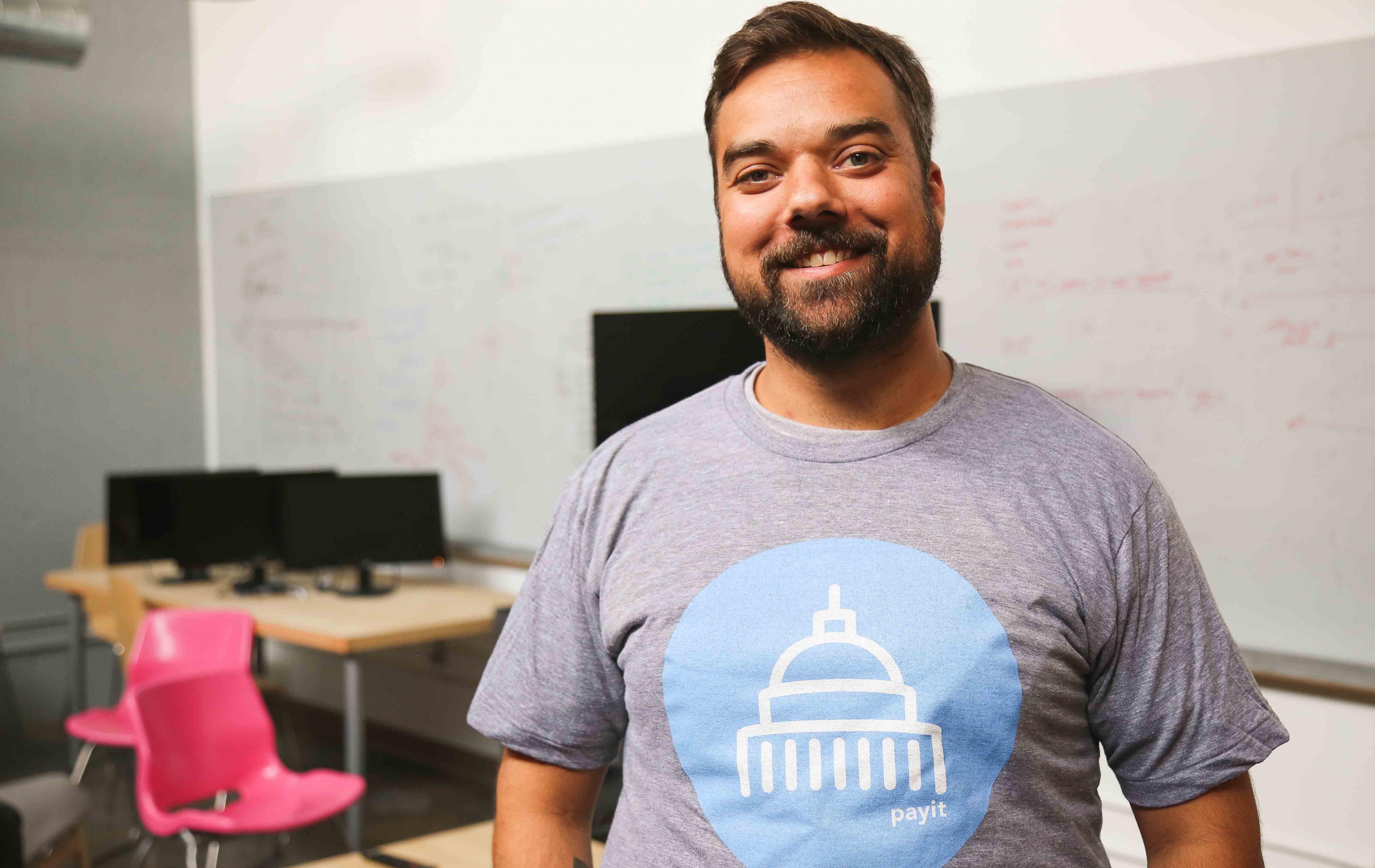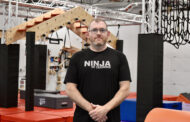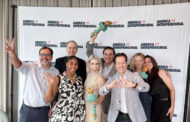It’s been in Kansas City only four months, but LaunchCode is already making an impact.
The St. Louis-based non-profit organization arrived in February to grow Kansas City’s tech sector by organically building its pool of talent.
LaunchCode helps educate locals with an interest in changing careers to work in tech, and then connects them with area jobs. It’s already partnering with a variety of Kansas City companies, including EyeVerify, UMB, Blooom and Venture360.
The organization was launched by Square co-founder Jim McKelvey and offices at the Sprint Accelerator. Already finding success in St. Louis — and praised as a national model by President Obama — the non-profit is finding early traction in Kansas City.
LaunchCode apprentice Matt Menzenski recently began working with Kansas City-based startup PayIt as a software engineering apprentice. Menzenski said he was pursuing a PhD in Slavic linguistics at the University of Kansas when he decided a tech career would be a better fit.
Startland News recently spoke with Menzenski about his experience with the program.
“I came away feeling much more confident in myself as an applicant.” – Matt Menzenski
Did you know anything about coding before LaunchCode?
Yes. A number of my high school friends studied computer science in college. And while I thought that that sounded interesting, I always seemed to be more interested in something else. … I started learning Python when I was an undergraduate, and it took me several attempts to make any forward progress. But once I had that first ‘aha’ moment, I was hooked.
What was your aha moment?
One of my proudest programming moments came in my first year of graduate school. I had a list of about seventy Russian words that I thought belonged to a particular grammatical category, and I wanted to check them against a dictionary definition to see if I was right.
I wrote a Python script that made those comparisons using an online dictionary. It was accurate, and I wrote it in less time than it would have taken me to look up the words manually. That was a transformative moment for me.
How was the transition from Slavic languages to programming?
The distance between those two fields is not nearly as big as it appears. At least, that’s been the case for me personally. Natural languages are tremendously complex and dynamic systems governed by processes which aren’t yet fully understood, and, well, so are computer programs. It’s not so much that I left one field for another, totally separate field. Rather, I became drawn to a different, more abstract sort of complex system.
The study of languages is actually quite effective preparation for a career in software, I think.
Did you take LaunchCode’s CS50X coding class?
No. I had a great interview experience and completed LaunchCode’s written application and coding challenge. … Anna Welchman at LaunchCode got my profile in front of some companies, and after another great interview I accepted an apprenticeship offer from PayIt in Kansas City. I love working at PayIt and hope to transition into a full-time position there.
What does being a LaunchCode apprentice mean to you?
It means getting a foot in the door towards a career in technology. One of the things I’ve struggled with the most as a largely self-taught programmer has been credentialing myself.
It’s not enough to learn how to code — you have to learn how to demonstrate that knowledge, too. I had completed some personal projects before finding out about LaunchCode, from a classic CRUD web app to some linguistics utilities to a Python utility for measuring the crowd volume at KU basketball games. But it’s hard to know how that sort of experience comes across to a potential employer. LaunchCode helped me bridge that gap.
Tell us about LaunchCode’s apprenticeship model.
It’s a great way to ease into a new career path without the pressure or expectations of a sudden transition into a full-time role. The apprenticeship gives you the freedom to ask lots of questions and maybe even make some mistakes, because it’s understood that you’re still learning the ropes.
When I went to the “Launch your Career Day” event in March, I had mostly just hoped to come away with some more knowledge of the Kansas City tech industry — in particular, who was hiring into entry-level positions. Instead I came away feeling much more confident in myself as an applicant. My career day interview was even fun. It’s easy to get stuck in the feeling that even an entry-level position is far out of reach, and LaunchCode helped me see that I was more capable than I thought.
What surprised you most about computer programming?
One thing that’s surprised me somewhat so far is that coding professionally involves a surprisingly small amount of actual coding. So much of the work is spent on other parts of the process. The more precisely you can define the problem you’re trying to solve, and the better you understand how the product you’re building will actually be used, the less code and time you need to spend solving it.
The flip side of this observation is that you don’t necessarily have to be the best coder to be successful in the field. If you can ask great questions, clearly document design decisions, and communicate well with other members of your team, you will not lack for appreciation in the office.




































